Business Model Development Services
Business Model Development
How can we:
Optimize the current business model to increase efficiency and profitability?
Create a new business line aligned with existing activities?
Turn a raw idea into a viable, executable business model?
Design operational structures for launching a business?
Platin Agency, through its business model development and optimization services, helps companies clarify their model and design a clear roadmap for its implementation.
Steps for Business Model Development
Step 1: Initial Analysis and Business Understanding
Holding an in-depth meeting with the business owner, as well as assessing the financial, operational, and procedural data of the current business, to understand the various dimensions of the idea and its objectives.
Step 2: Industry and Market Analysis
1. Feasibility Study:
Analyze the idea’s potential success considering market capacity.
2. Market Trend Analysis:
Examine trends in Iran and worldwide within the relevant industry.
3. Industry Capacity Assessment:
Evaluate market saturation and growth opportunities.
4. Capital Flow and Industry Growth Analysis:
Review investment volumes and market growth rates.
Step 3: Defining the What, How, and Why
Complete key elements such as the value chain, revenue model, and value proposition.
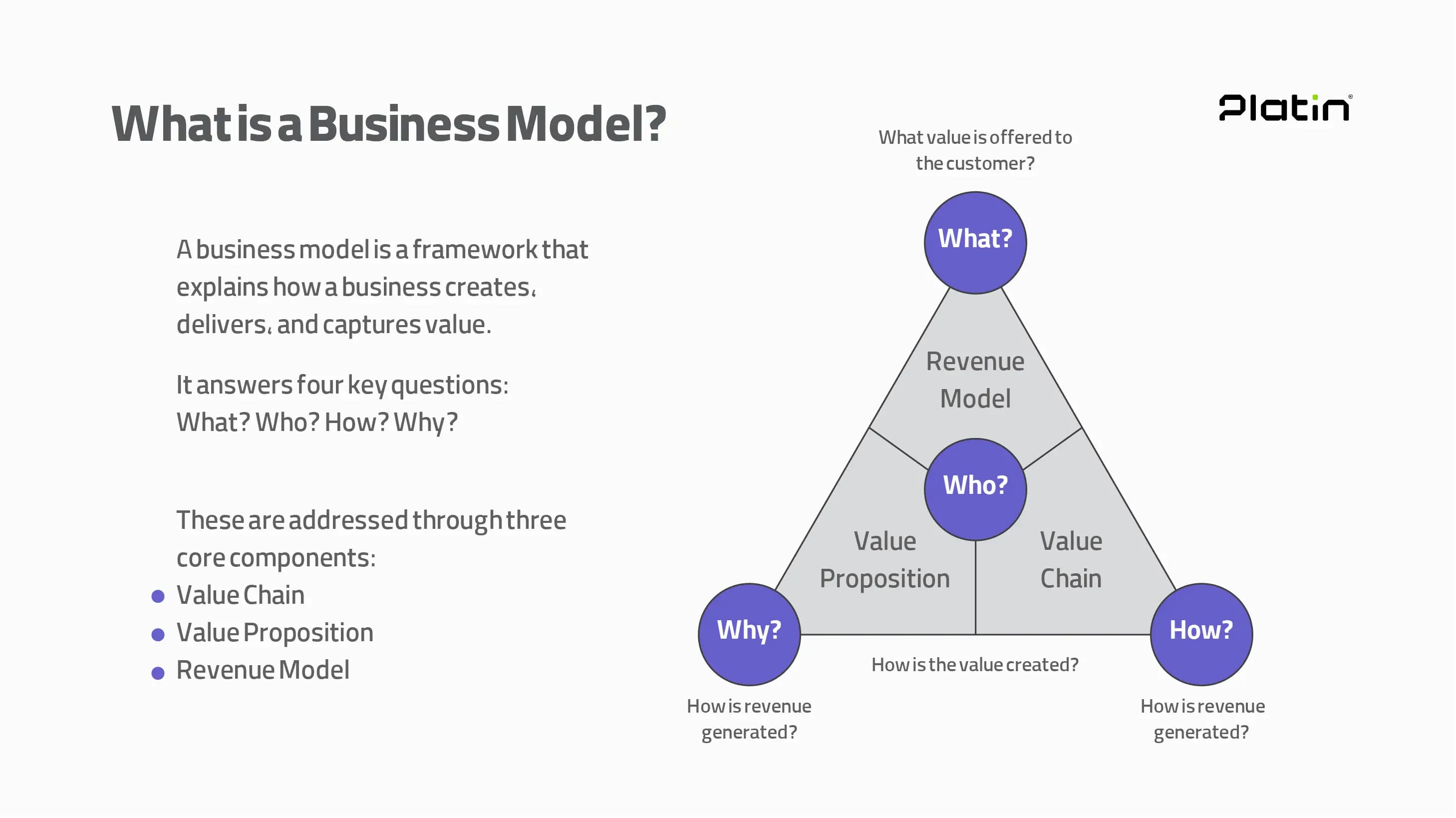
Step 4: Stakeholder and Constraint Analysis
Identify stakeholders and assess the capacities and limitations in the business environment.
Step 5: Value Chain Analysis
Identify strengths and weaknesses in various sections of the value chain and optimize them.
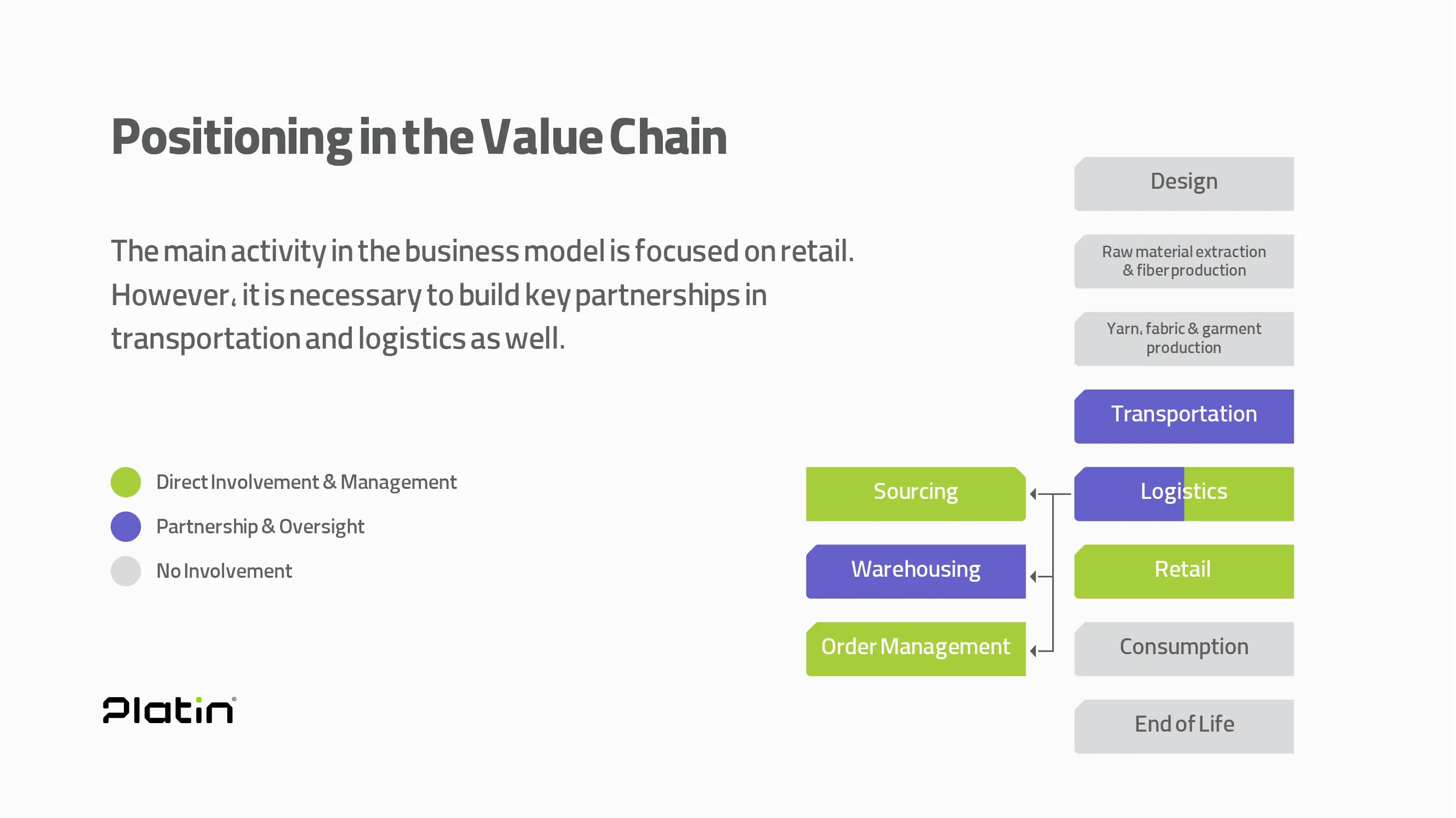
Step 6: Developing Competitive Advantage
Explore opportunities to design a unique competitive edge.
Formulate competitive strategies for market differentiation.
Formulate competitive strategies for market differentiation.
Step 7: Listing Suitable Business Model Patterns
With the goal of ensuring model sustainability and boosting profitability, various models are listed:
- Customer-Centric Models (Focus on changes in customer engagement and value delivery.)
- Resource-Centric Models (Focus on value creation and key resources.)
- Finance-Centric Models (Focus on revenue optimization and cost reduction.)
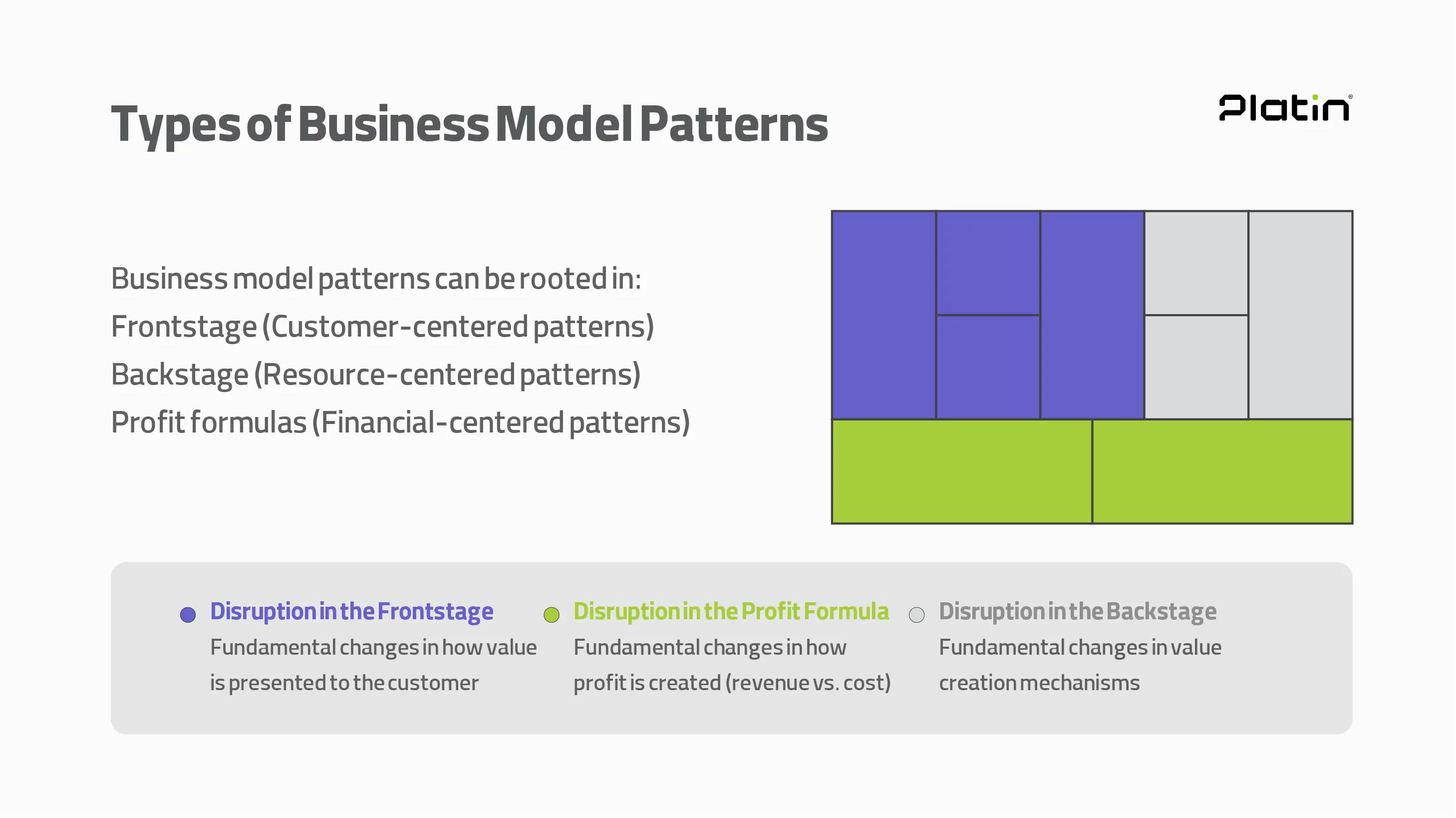
Step 8: Testing and Selecting the Final Model
1. Assess risks, capacities, and profitability of listed models.
2. Select a sustainable and profitable model.
2. Select a sustainable and profitable model.
Step 9: Completing the Business Model Canvas
Customer Segment: Use Customer Gearing to deeply understand and optimize relationships.
Communication Channels: Define each channel in detail.
Revenue Model: Forecast the business’s income sources.
Cost Structure: Analyze key cost streams.
Communication Channels: Define each channel in detail.
Revenue Model: Forecast the business’s income sources.
Cost Structure: Analyze key cost streams.
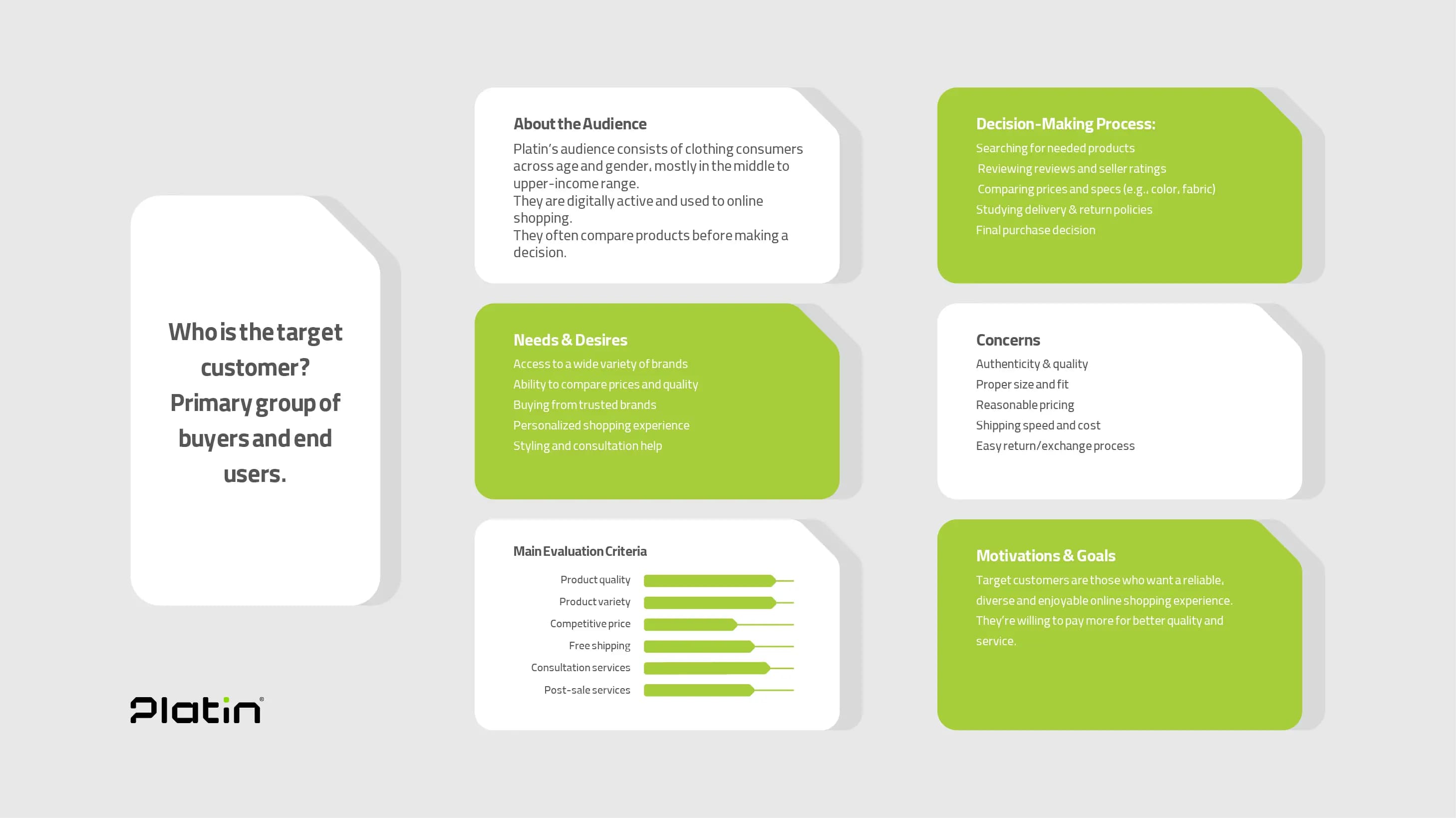
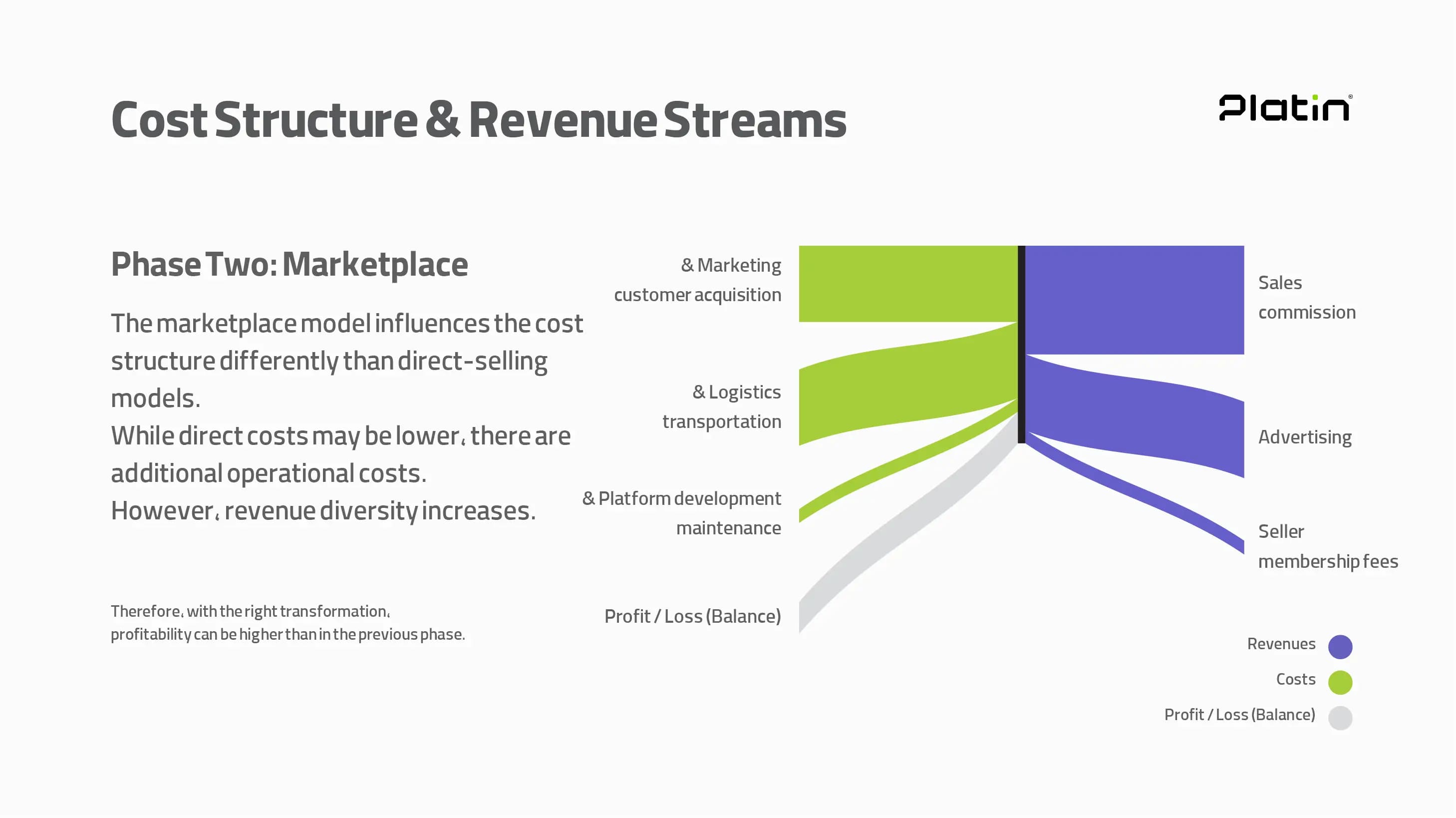
Outcome
By the end of this process, a comprehensive, executable, and capacity-aligned business model will be developed, one that increases profitability, reduces potential risks, and paves the way for sustainable business growth.